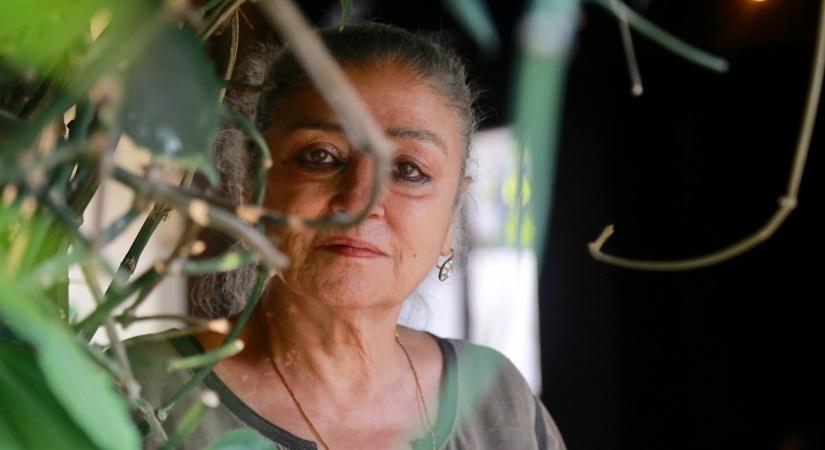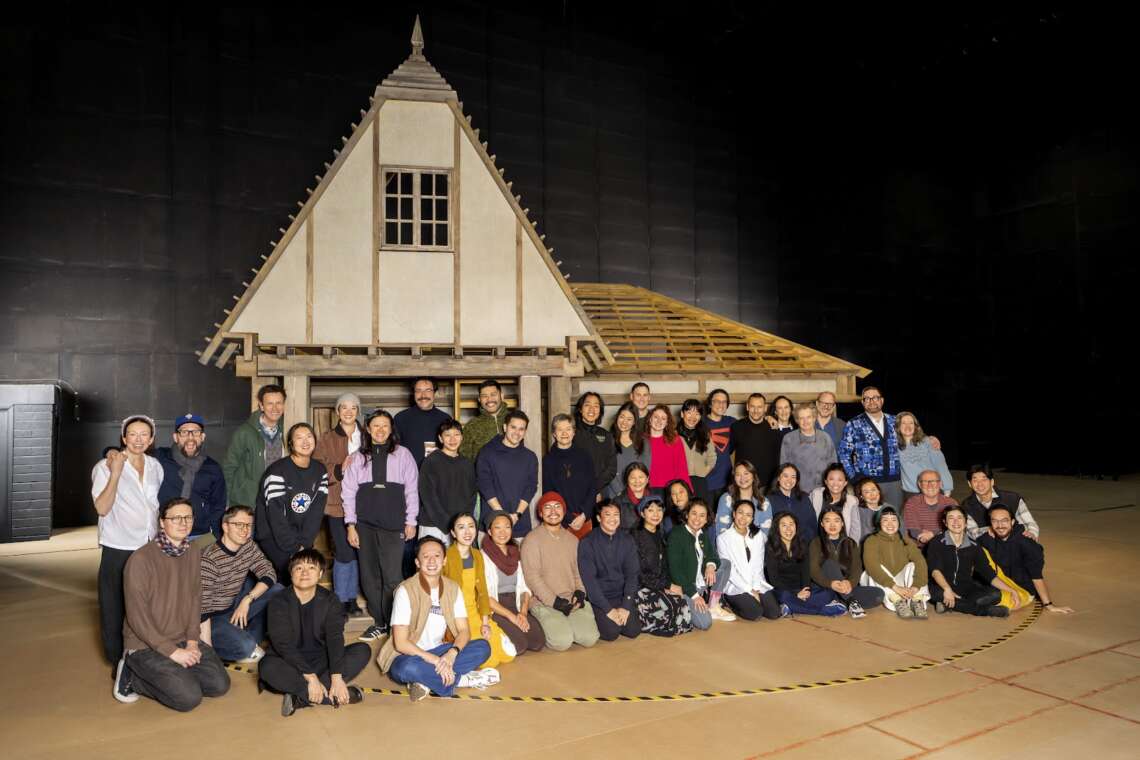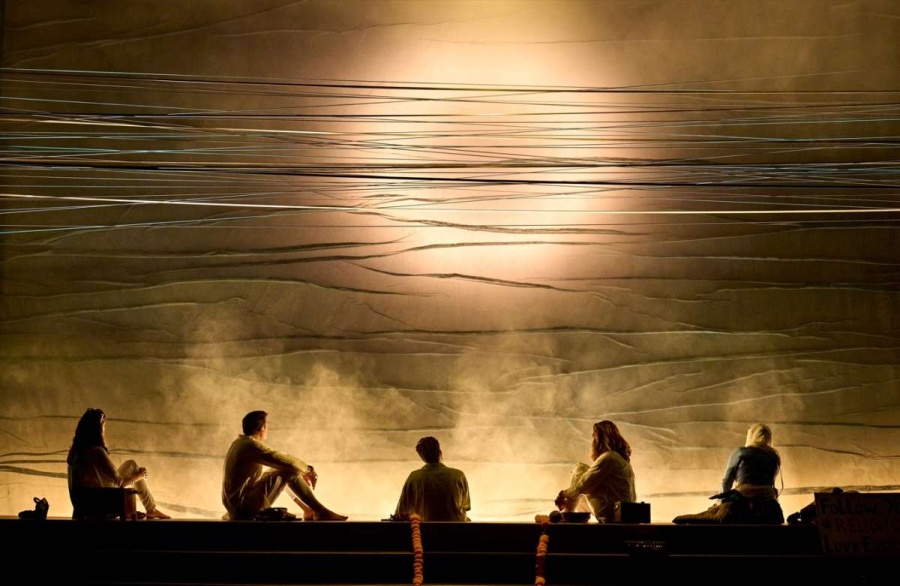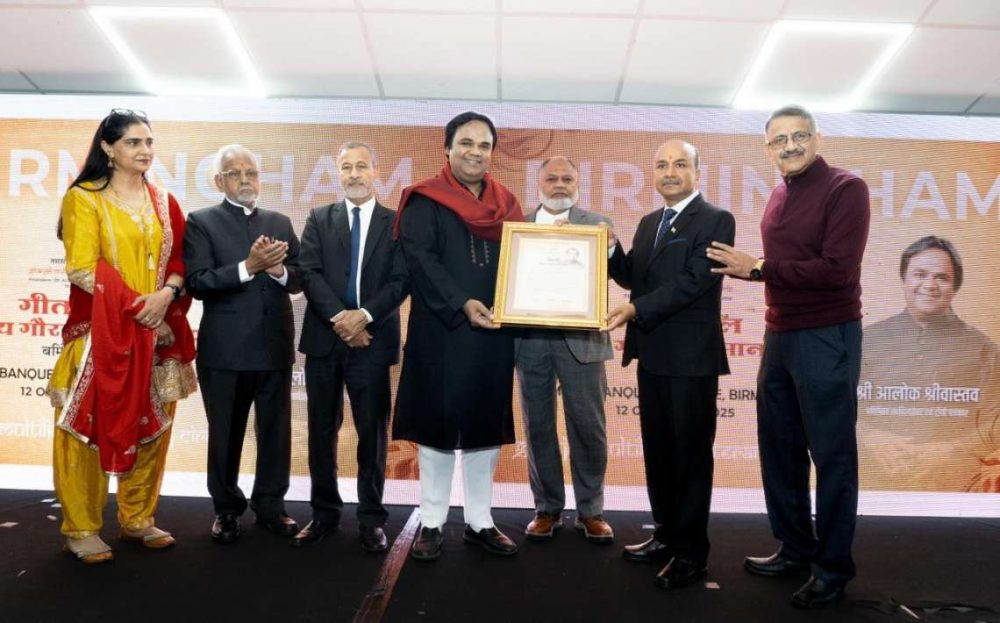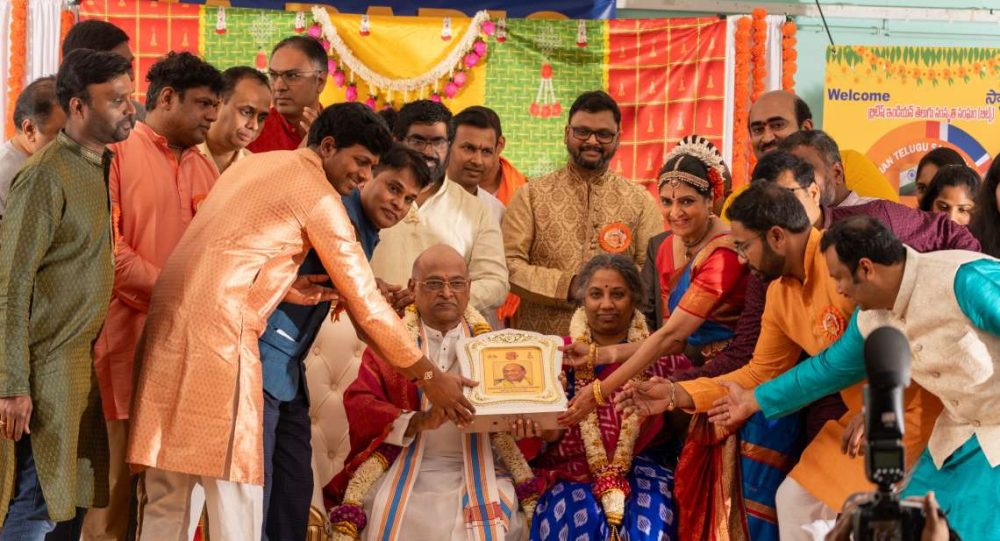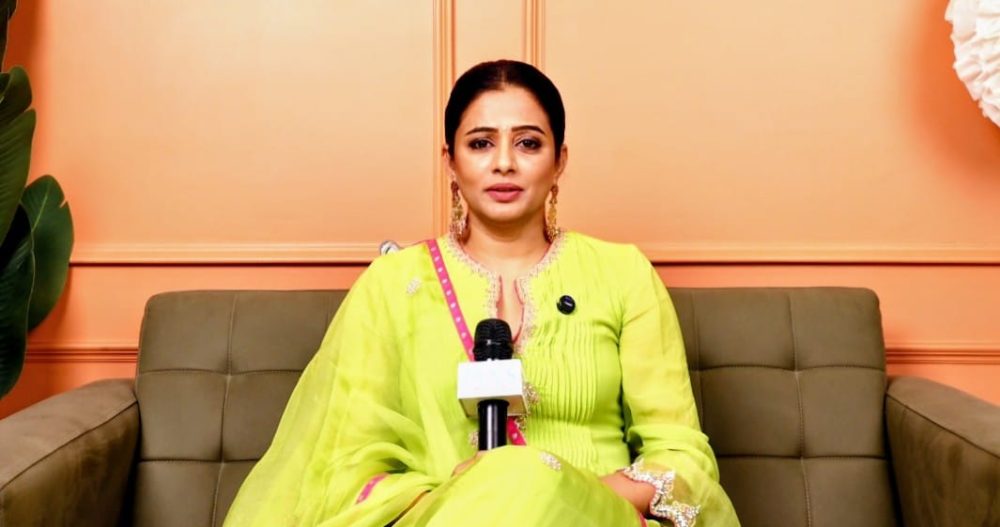While the proverbial glass ceiling was broken by women like Norah Richards, Sheila Bhatia and Shanta Gandhi, Chowdhry observes that the ones ‘created’ by men were the women’s versions of how men looked at the gender…writes Sukant Deepak
She remembers the time when women were only actors, and never in the decision-making machinery like the director’s chair. She smiles that she had no expectations from herself, neither the theatre world from her.
Theatre director Neelam Mansingh Chowdhry, recipient of the Padma Shri and Sangeet Natak Akademi honours, who studied at the National School of Drama (NSD) under the legendary Ebrahim Alkazi, recalls, “One started working, slowly and built up her skill set. As women directors, we had a unique space to us, considering we had nothing to lose as no one expected anything. We could break all norms, approach the play in different ways, and experiment as much as we wanted to.”
She recalls that while there were few women directors initially, a certain silent revolution happened and directors like Anuradha Kapur, Maya Krishna Rao, Usha Ganguli, Anamika Haksar, Kirti Jain and Tripurari Sharma emerged.
“And all of us worked in our own spaces and unique styles. A new language started emerging. Of course, we had a familiar family of ideas.”
While the proverbial glass ceiling was broken by women like Norah Richards, Sheila Bhatia and Shanta Gandhi, Chowdhry observes that the ones ‘created’ by men were the women’s versions of how men looked at the gender.
“While Sheila Bhatia and Vijaya Mehta did excellent work, however, they could not break the structures that had long been embedded,” points this Professor Emeritus at Punjab University, whose well-known plays include ‘Kitchen Katha’, ‘The Suit’, ‘Yerma’, ‘Nagamandala’, ‘The Mad Woman of Chaillot’, ‘Little Eyolf’, ‘Bitter Fruit’, ‘Naked Voices’, ‘Stree Patra’, ‘Gumm Hai’ and ‘Black Box’
In fact, Chowdhry’s latest ‘Hayavadana’, written by late Girish Karnad will be staged during the upcoming META in the national capital. It is after almost more than a decade that she is working with a bound script.
The director, known for her devised productions who has staged the same playwright’s ‘Nagmandala’ thrice has made certain changes in ‘Hayavadana’.
“In the end, the woman asks whose pyre would I commit sati after both the men die. I could not relate to this in 1973, how do you expect me to in 2024? And I am sure Karnad would have welcomed the change. Also, I wanted to make the play more playful. We have such a set image of Padmini and Devdutt. It was important to break that and look at the characters with a fresh perspective. I wanted to animate them, pull them into the now.”
Stressing that the reason she prefers devised productions — not work with a text within a definite structure — beginning, middle, and end — is because she had done enough of that and likes to explore newer realms by pulling texts, images and experiences from various sources.
“This way one reads more from a story. Bringing contradictory elements together helps to imagine newer realities and meanings. Of course, it is always a struggle and not just an adventure. But then art is always hard.”
ALSO READ-Aarambh Mumbai’s Fabulous 15th Year of Theatre Excellence


